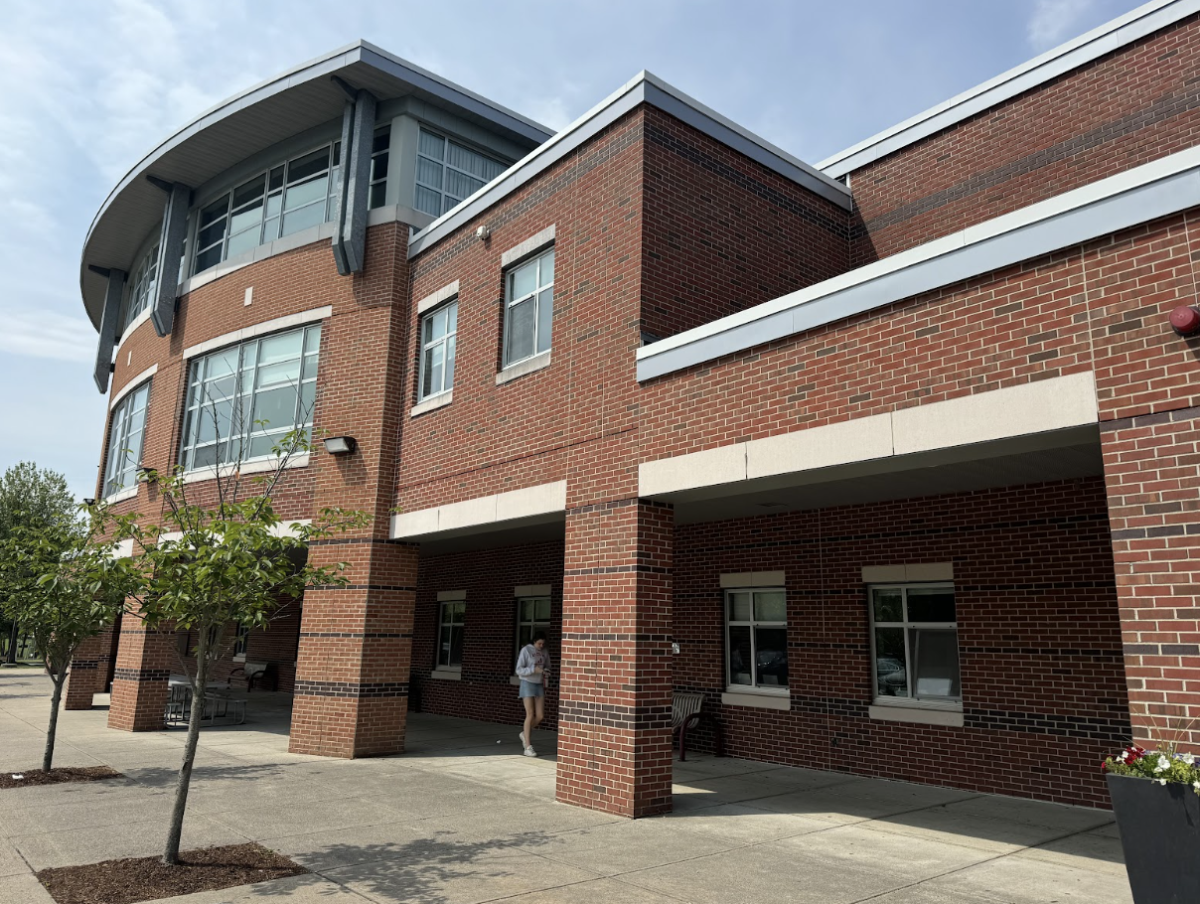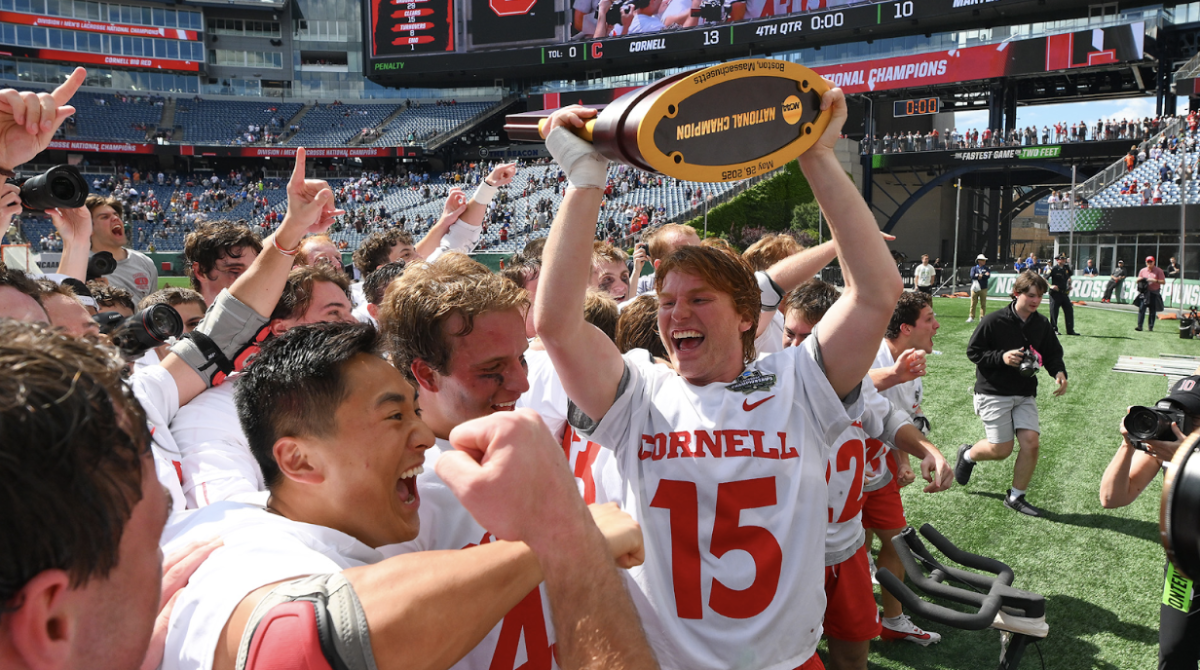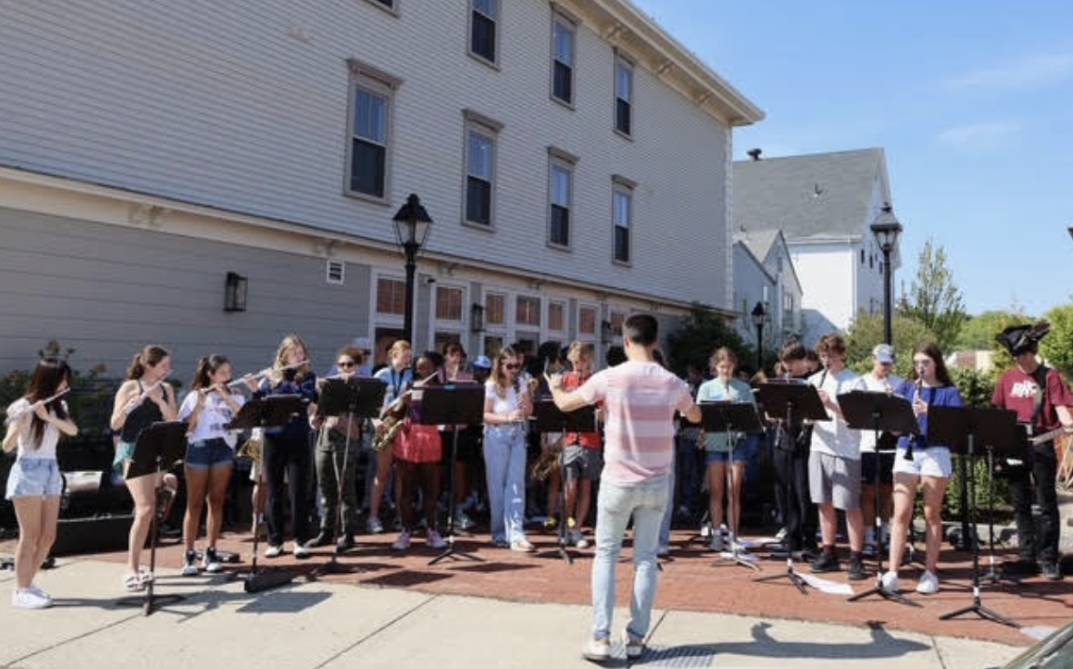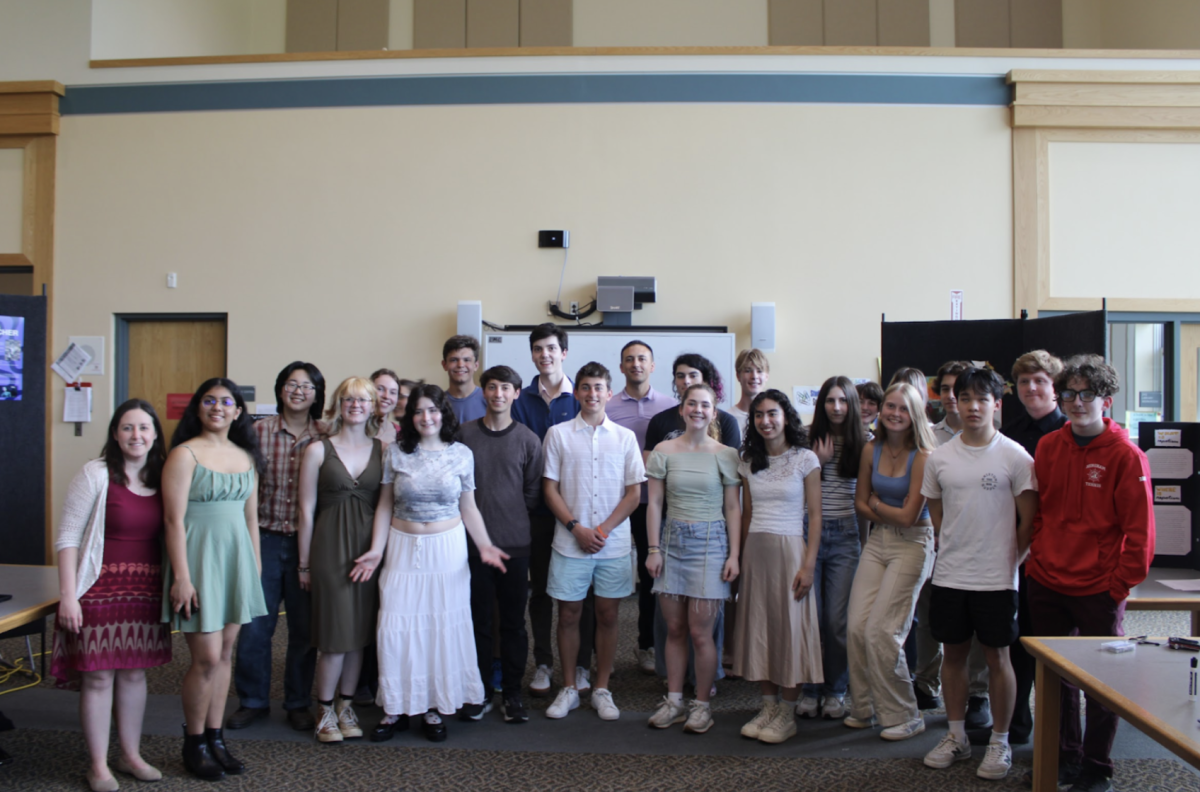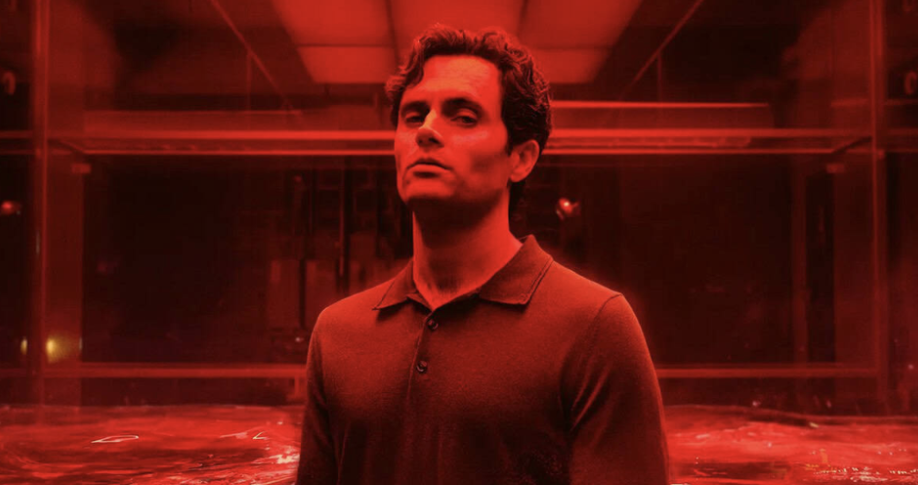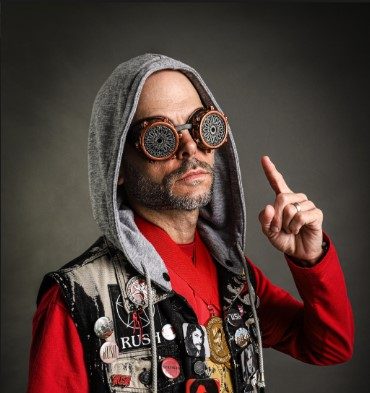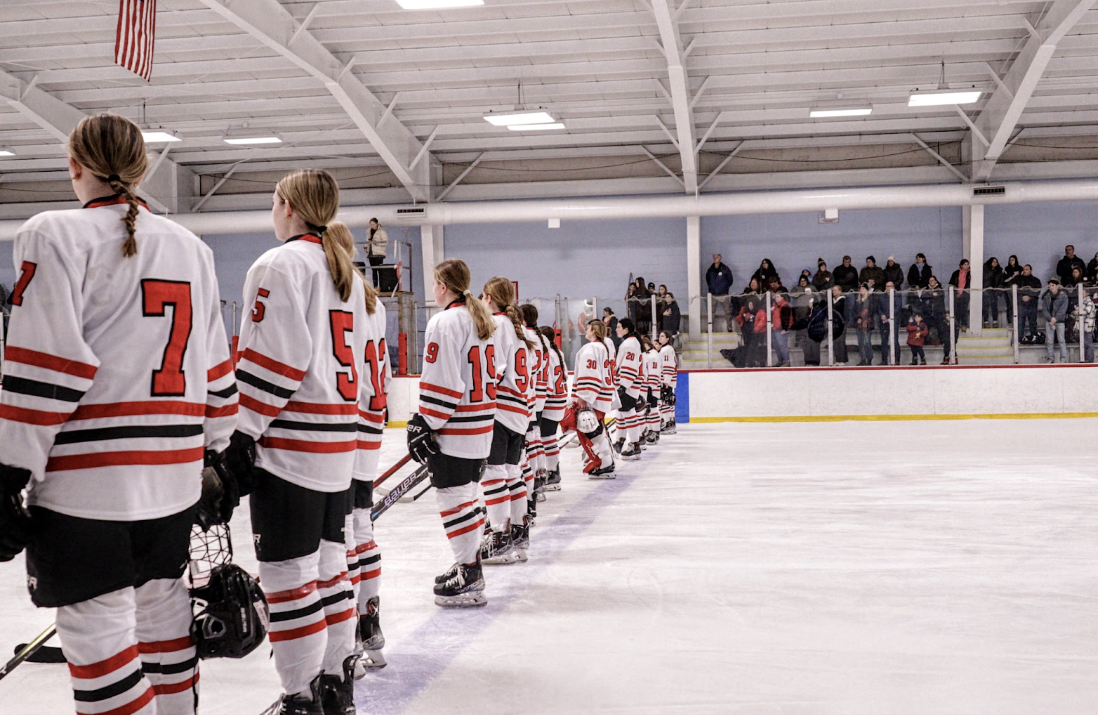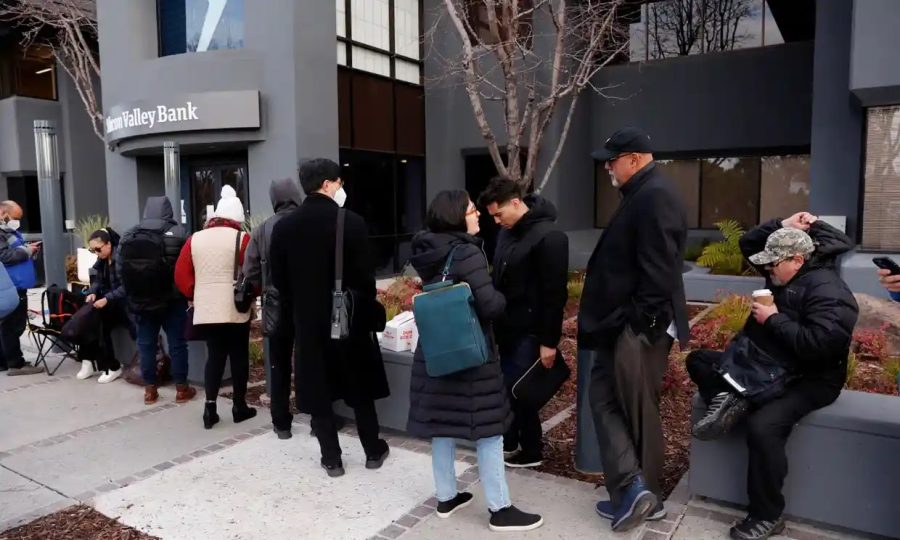Silicon Valley Bank Collapse Leaves the Future of the American Economy Uncertain
People line up outside of Silicon Valley Bank Headquarters in Santa Clara, California in hopes to take out their deposits.
March 20, 2023
On March 10, the 16th biggest bank in America announced it was closing. Silicon Valley Bank’s CEO Gregory Becker had reported a $1.8 billion loss a few days prior but informed investors the bank had plans to raise $2.25 billion. However, many investors were not interested in waiting to see what would happen, and by Thursday, $42 billion had been withdrawn.
When SVB opened in 1983, its marketing prided itself on its innovation. Almost every start-up in Silicon Valley chose to bank with SVB, including well-established companies within the valley. With branches in California and Massachusetts, SVB was the bank of choice for many. People and companies deposited $189.2 billion by 2021, and from 2018 to 2022, the stock prices for SVB tripled.
SVB allocated most of its investments to long-term bonds issued by the government. These bonds are often “held to maturity” for 10 to 30 years, and selling them before that period would have to be at a loss. SVB has about $95 billion invested in these bonds, making all those deposits momentarily insolvent. The issue wasn’t that the SVB was making long-term investments, the more significant issue stems from the fluctuating interest rates US bonds have. As inflation worsened, interest rates on the bonds skyrocketed, and SVB suffered.
As well as making investments, SVB lent its money to people and companies. Mr. Woolley, the economics teacher at HHS, voiced his opinion about the recent events by highlighting how “The bank failure illustrates how banks function: they lend out their depositors’ money. If those borrowers are unable to pay back the bank, the bank can become insolvent, and be unable to let depositors make withdrawals.” Since SVB worked with the startups of Silicon Valley, they were at a higher risk of having their investments fail. While all banks take a risk when lending money, tech startups and cryptocurrencies are exponentially riskier. All deposits in American banks are protected by the Federal Deposit Insurance Corporation (FDIC), but crypto markets are not. In recent years, many large crypto scams like Celsius and FTX have closed down, causing their investors to lose millions of dollars. SVB gave loans to many cryptocurrencies, most notably, SVB invested $200 million into the now-debunked cryptocurrency Luna. These risky investments only added to the liquidity issue within SVB, adding to the strain caused by the increased interest rates on US bonds.
Although SVB hoped to return, uncertainty had already plagued the nation, and the following bank run caused the bank to close its doors. Now that SVB was over, people who didn’t take their money out were stranded. The FDIC only insures up to $250,000 deposits, but on March 13 Biden announced the US government will fully repay all people who had deposits in SVB. Biden excused SVB and told reporters, “They knowingly took a risk, and when the risk didn’t pay off, investors lose their money. That’s how capitalism works.” While the FDIC steps in to pick up the pieces of SVB, the public waits for the ripple effect.
HHS business teacher Mr. George examines the government’s response by asking, “Should we allow certain banks/financial institutions to go belly up and fail when making risky investments; or should the government step in to keep these financial institutions afloat?” In some sense, the US government has a responsibility to its citizens to ensure financial security and stability; furthermore, allowing the SVB closing to spiral out of control will only cause more turmoil in the economy. The SVB stock plummeted 7.6% before it was removed from the market, hundreds of startups now face imminent danger, and banks across the country fear they will be the next to close.






